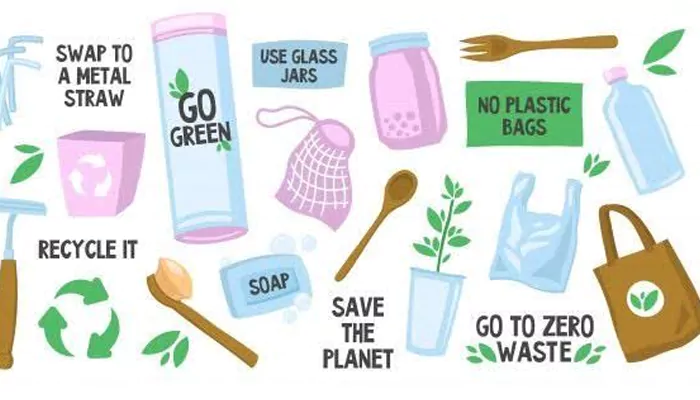Coral Reef Conservation: Strategies to Save the Guardians of the Ocean as Lakshadweep Faces Major Threat
- Admin
- 1 year ago
- 3 minutes read

Climate change is not only impacting us on the ground, it is also destroying lives in the ocean.
The marine biodiversity is threatened globally. Generally, excess heat leads to change in seawater pH and acidity causing rapid destruction of marine species. In this article, we will discuss about coral reef bleaching and strategies to conserve them.
Ongoing Coral Reef Bleaching in Lakshadweep:
Vibrant and colourful coral reefs, when triggered by high sea temperatures become colourless is known as Coral bleaching. According to the Indian National Center for Ocean Information Services (INCOIS): “A marine heatwave event of moderate category with area of spreading 98.56% has been observed on May 3 over the Lakshadweep coast.”
This is not the first time Lakshadweep is facing coral reef bleaching. Lakshadweep has previously faced coral bleaching in 1998, 2010 and 2016. Meanwhile, this is happening globally.

Importance of Coral Reef:
Extremely tenacious and inexplicably gorgeous, corals play crucial role in sustaining marine ecosystem. Coral reefs are considered as one of the most helpful natural wonders in this planet, which support at least 25% of all marine life.
Broadly, coral reefs protect coastal areas from devastating storms and erosion, support local economy by attracting tourists. Moreover, corals are used as medicine and food. As per recent survey, more than half a billion people depend on reefs for food and income, directly or indirectly.
Strategies to Conserve Coral Reef:
As coral bleaching is associated with substantial risk of destroying any marine ecosystem, we must fcous on conservation strategies.
Limit Anthropogenic Threats: The problem started with excessive use of fossil fuel leading to climate change. There are numerous reasons behind climate change including industrialization and destroying natural resources. All these man-made activities are causing stress on surroundings including ocean. We are in vulnerable state under excruciating heatwave. To prevent the heatwave, we need to plant more trees, travel in electric vehicles, and embrace natural energy source like sunlight and wind. Use energy-saving LED bulbs in your house to reduce green house gas emissions. This needs collective efforts from all parts of the society.

Conserve Water: You might be thinking why we need to conserve water to save corals! The reason is, excess water loss and wastewater ultimately goes to the ocean promoting water pollution. This is another major reason behind coral reef bleaching.
Promote Eco Tourism: Be a responsible tourist while visiting any coastal area. Never throw away any waste randomly. Also, reduce wastes and focus on recycling. If you are participating in scuba diving, avoid touching coral reefs. Do not use any chemicals or creams that have potential impact on marine species. Check the ingredients beforehand.
Artificial Coral Colony: This is an innovative approach develped by scientists. In this process, artificial corals are manufactured by bioplastics which are planted in the coral environment. Practice safe boating during vacation to ensure safety of coral reefs.

Awareness: Above all, we need to be aware about our environment. This needs campaign, educational course and tours. This is not for adults, children should also be part of this kind of education. We must become responsible citizen to clean the coastal areas and raise awareness. Even today, some people send coral reefs as gift to others, which should be stopped.
Even if we are far away from coral reefs, we can participate in conservation of coral reef health wholeheartedly. Ultimately, we have only one planet to live!












